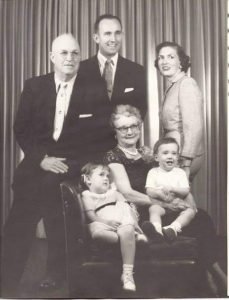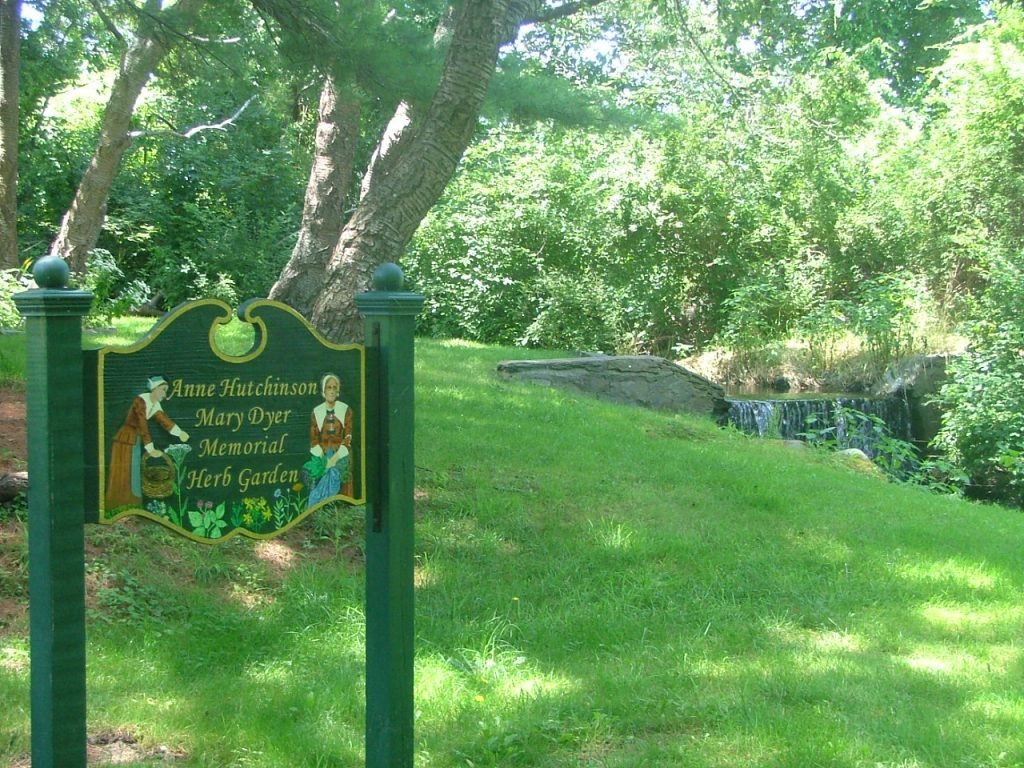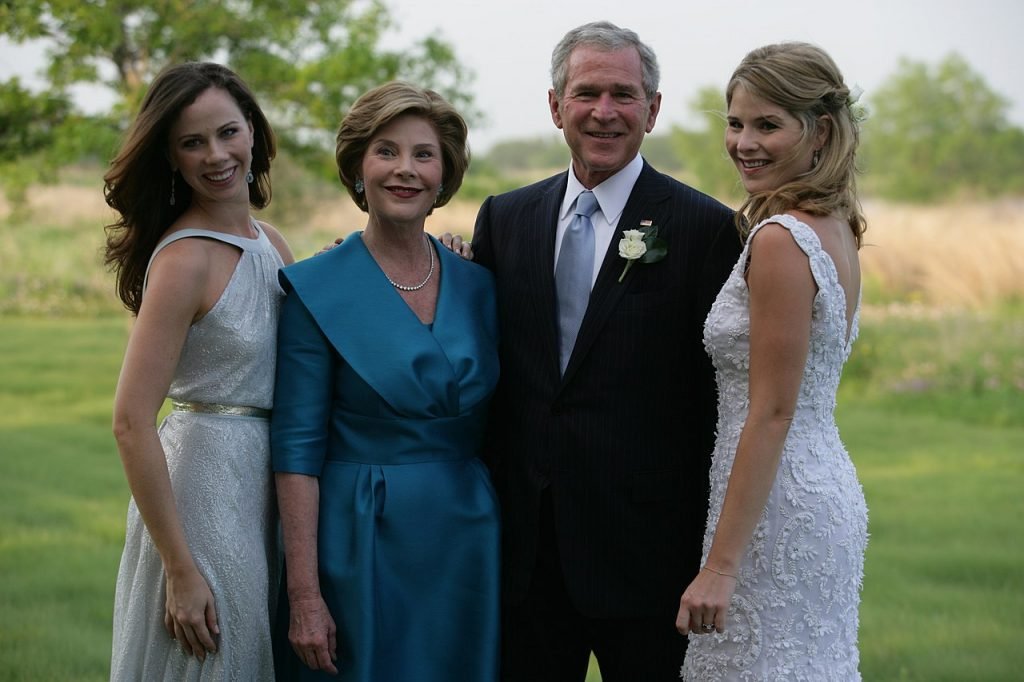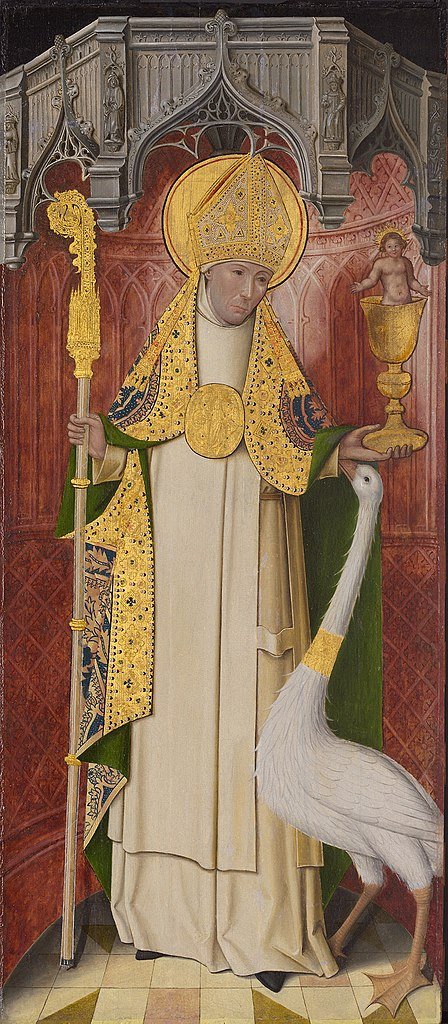
Unraveling the Origins of My Surname and Uncovering Some Black Sheep in the Family Tree
I love history. Reading about history and traveling to historic places are things I have enjoyed for years. Mostly I was drawn to World History, having lived in 6 different Asian countries over the last few decades.
As a kid I watched a lot of war movies and westerns with my dad on the sofa, so perhaps that’s why I gravitated to many war related sites. I explored Manila’s old town and its suburbs, retracing my father’s steps in the Philippines during and after World War II. I drank cocktails at the Majestic Hotel where Graham Greene wrote The Quiet American in Saigon, Vietnam. I visited ancient fortifications like the Great Wall and Opium War era forts in China and Japan’s exquisite Himeji Castle. But it was much later until I really took an interest in America’s or Europe’s history.

Discovering Good Genealogy Tools
My interest in North America’s colonial history, the Revolutionary War, the founding fathers, and the Civil War didn’t take off until I started exploring the branches of my family tree. I discovered my roots stretched well beyond my parents’ hometowns in the Midwest and the South. In some cases, I could trace some family tree branches back 10 or more generations, using different genealogy software like Family Tree Maker and Roots Magic and sites like Ancestry and Geni.
Originally, I had little sense of my family’s past beyond my parents since all my grandparents passed away before I was 5 years old. My primary memories of my grandpa Hughes are of a few visits made while he was in a nursing home near Downtown Los Angeles. Unfortunately, the most vivid memory I have related to him was the day of his funeral. And I didn’t even go to the funeral. My parents left me to play with my neighborhood friends down the street. But I still can recall the surprise I had as all my relatives showed up at the house after the funeral.

Thankfully, I had a mother and father and aunts and uncles who liked to tell stories. We also had a dining room, living room, and a hallway filled with family photos from the last 150 years. But beyond that I had little idea where all my other ancestors had come from.
Fifteen years ago we started building our family tree on the computer using the Family Tree Maker software. Over the years a lot of online tools and sites have developed, such as Ancestry. So we saved our tree as a GED File ( GEnealogical Data COMmunications (GEDCOM) format) and uploaded that family tree file to Ancestry.
Some ancestry trees can be unreliable or lack historical details so it’s good to research the names you find using other sources. For example, by googling my ancestors’ names and hometowns I could find Wikipedia pages, family associations, or other books or articles about them. It was a shock to learn that many of my ancestors were some of the founding residents of early settlements in Massachusetts, Rhode Island, New York, and Ontario, Canada.

Searching Beyond Ancestry’s Resources
By researching beyond my family tree, I discovered I am distant cousins with some interesting celebrities and world leaders who aren’t on my tree. The Geni site has very well developed and sourced profiles on people from early American history.
Geni profiles also include details on famous descendants of these people from long ago. By looking up one of my 8th great grandfathers on Geni, I discovered that one of my famous cousins (or infamous, depending on your politics) is none other than George W. Bush (and Barbara, GHW, Jeb, and the rest of the Bush clan). Yes, the former president, George Walker Bush, is a cousin, and I didn’t even vote for him. Sorry cousin George, I was a wannabe John McCain delegate in California.
The Benefit of the Websites and Services of Professional Genealogists
Professional genealogists have been doing family trees on famous people for years (and can be hired to do research or make trees for you too). Thanks to the work that one professional genealogist published online, I now know that George W. and I share not just one great grandfather (George’s 10th, my 8th) but two great grandfathers!
That same genealogist reports that George’s heritage is mostly English and that he has a few English monarchs as ancestors and present day cousins, like Queen Elizabeth II of Great Britain (who sadly are unrelated to my family’s line.) According to the House of Names site, the Bush surname naturally comes from England. (We’ll get into the Bush ancestry and its ties to our family in a future post).

My family’s roots appear more humble and details about some ancestors and their roots have been difficult to uncover. Growing up, I knew that my paternal grandmother’s family was German and thought my grandfather’s side was entirely Irish. Later someone returned from England and gave me a family crest and description of my surname Hughes. It indicated the name had roots in Wales and Ireland. This was a surprise to me. Was my Hughes side Irish or Welsh or something else? I was curious.
Uncovering Surname Origins and Meanings
So I turned to websites SurnamesDB and Forebears to help unravel the origin of my Hughes name. These sites report that the roots Hu and Hew have links to the Celtic Welsh and Irish languages as well as French and German. Hugh was a popular given name among the French speaking Norman conquerors of England (who were led across the English channel by William the Conqueror in their invasion of 1066).
The Hugh name was popularized in Norman culture by the myth of the French martyr “St. Hugh of Lincoln” (but that’s another story). Meanwhile, in Old German, the first name Hugh comes from the name Hugo, meaning “heart or mind.” The Old Celtic Hu or Huw roots carry a meaning of “fire” or “inspiration.”

Thus, the origins of the Hu, Hew, and Hugh roots in the Hughes name (aka ‘the son of Hugh’ in one interpretation) are as complicated as the linguistic origins of modern English. The English language has an odd collection of words and spellings from Latin (during the Roman Empire), Norman French, the Germanic Angles and Saxons, and the Celtic peoples.
I am willing to guess that our family’s roots do go back to Wales, based on some family trees that lead back to 17th century Wales. However, the documentary evidence on our Hughes family between 1800 and 1850 is a bit thin, so I’m not entirely sure. My Hughes ancestors were living along the US-Canadian border when the War of 1812 broke out and this seems to have uprooted them. So more digging through old records is needed to determine exactly whether they were early settlers in America from Wales or came a bit later from Ireland.
How Common is the Hughes Name?
The Forebears site gives data on how many times a surname appears in a given country and how common it is there. According to Forebears, Wales is where the surname Hughes is most common, ranking as the 8th most common name (Jones is #1). In England Hughes is the 30th most common name, while in the US it ranks at 78.
An interesting twist to Welsh surname history is that they only adopted surnames there in the 15th century. Before this they used a Welsh Celtic naming system based on one’s father’s given name. For example, in the case of George Bush, in the traditional Celtic Welsh he would be known as George, son of George.
As names became anglicized under English rule and influence the Hughes name changed. In Welsh the name would have been written ‘ap Hugh’. For example, in the 16th century there was a Welsh clergyman and patron of Welsh literature known as Arthur ap Hugh, with “ap” meaning “son of.” So if you see a name listed in older documents as “ap Hugh,” we can also consider this person a Hughes.
History of the Celtic people vs the Anglo Saxons and Normans
Most people may think of the Celtic languages as originating only in Wales, Ireland, and Scotland, but the Celtic peoples were stretched out all across mainland Europe 2000-3000 years ago, perhaps living as far south as Spain and Portugal. If you have studied the history of Rome in school, you probably learned about the Gauls who fought against the Romans. The term Gaul was the Latin name the Roman used for opponents they encountered in northern Italy, but these were the Celtic peoples.
As the Roman empire expanded the Celts were pushed north and then west by other migrating tribes from the east. They were pushed into western France and then across the English Channel. Then the invading Angles, Saxons, and Normans from northern Europe pushed the Celts into the areas they occupy today.

Though the ancient Welsh and Irish likely traded with each other their languages have many differences. Amongst the Celtic language family, Welsh is apparently closer to Cornish and Breton than it is to Scottish Gaelic or Irish. This is likely due to the influence and control from the Romans and then the Anglo Saxons.
The Latin language was also brought to Ireland by missionaries, like the famous patron saint, Saint Patrick. Patrick at some point also learned Irish during his travels in Ireland, but he may have had a head start. Some scholars believe Patrick was Welsh, as he came from the west of England, so his learning of Irish may have been helped by his knowledge of ancient Welsh.
Just as Patrick moved across to Ireland from Wales, so shall we in our next installment of this genealogy series. And we shall also return to our old cousin George and his family, for their kin have been riling our Irish clan for centuries.
Thanks for reading. Until next time.

Interesting and humorous, thank you Tom.